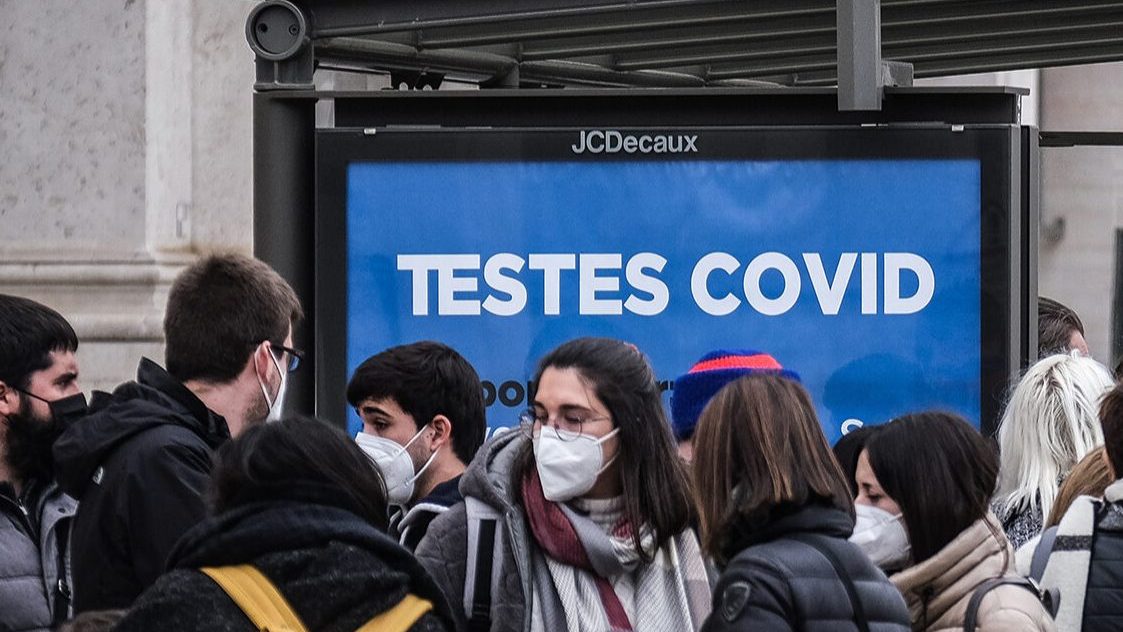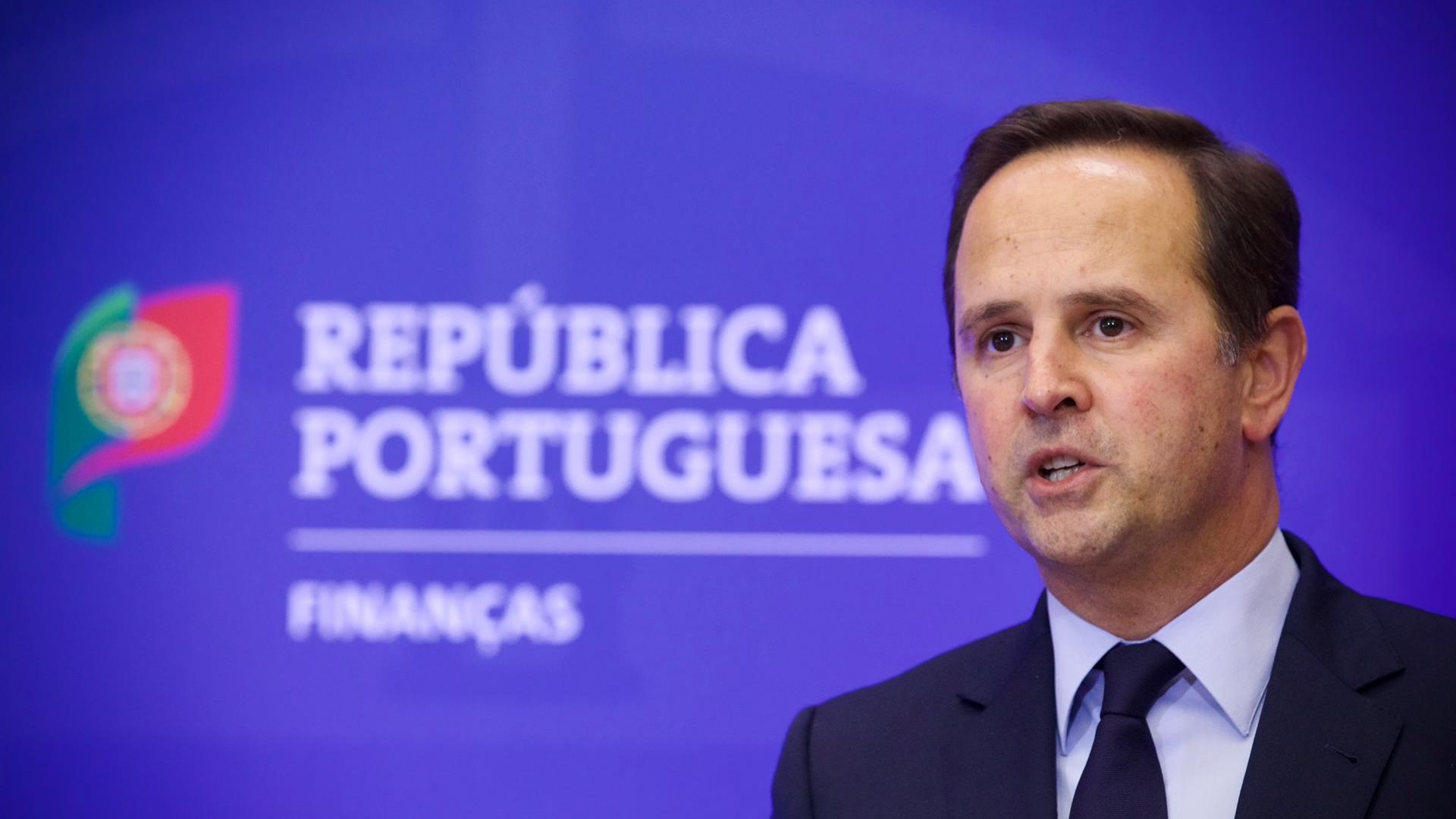President pessimistic on economy in near future ‘because of the world’
"The end of the previous year was very good and the first quarter was very good. The second quarter stabilised, but next year's figures could be much more complicated," he warned.
Portugal’s president fears that the “very dramatic speech” by the president of the European Central Bank (ECB) on economic developments in the eurozone has had negative effects on markets and economies.
Before an audience of Portuguese businessmen in San Francisco on Monday night in California, early Tuesday morning in Portugal, Marcelo Rebelo de Sousa said, however, he also took on “a pessimistic analysis” of the Portuguese economic situation in the coming period, “because of the world”.
“The end of the previous year was very good and the first quarter was very good. The second quarter stabilised, but next year’s figures could be much more complicated,” he warned, in a message he has repeated in recent weeks.
In his speech, Marcelo Rebelo de Sousa described the recent statements by ECB president Christine Lagarde as “a four-wheel brake” and “a sudden transition to a very dramatic speech, and depressive, perhaps”, after a phase marked by the “will to create confidence”.
“Let’s hope that this is not excessive,” he said, adding, “Perhaps it was suddenly a change from 80 to 8, abruptly, without transition and without mitigation, as they say now. Let’s see how the financial markets react, let’s see how the economies react.”
On Sunday, addressing the European Parliament’s Economic and Monetary Affairs Committee, Christine Lagarde said the outlook for the eurozone “is increasingly gloomy”, with the ECB forecasting that economic activity “will slow down substantially in the coming quarters”.
Marcelo Rebelo de Sousa said he understood the ECB’s concern, “in view of the measures of some states, which have injected social and economic aid to families, to businesses, to the various institutions, they have injected what they could or are able to and, in some cases, perhaps more than they were able to”.
“But we know how there is a lot of psychology in the statements made,” he stressed, reporting that he had already received “echoes” that “are a little worrying”.
In general terms, the President of the Republic considered that “the world is not easy, it is not easy geopolitically, it is not easy economically”.
As for Portugal’s situation, he pointed to “several challenges at the same time, some of them in common with other countries”, the “most immediate challenge being the economic, financial and social effects of the war” and “the most sensitive being inflation”.
The head of state expressed the hope that “stagflation”, a scenario of high inflation with economic stagnation or recession, was not coming.
Although adopting “a pessimistic analysis”, Marcelo Rebelo de Sousa said, on the positive side, that Portugal has had “an exceptional year of tourism” and that “the numbers in terms of exports have been exceptional in volume”.
“And we have had very appreciable investment intentions, which are expected to be realised, either by displacement of investment from Eastern Europe, for understandable geopolitical reasons, or by the search for an economy with physical and economic security, political stability and also somehow seen as being central in global terms,” he added.
In his speech, Marcelo Rebelo de Sousa said that, from conversations he had at the funeral of the UK monarch Isabel II, “the leaders of major European economies, with one exception, were very pessimistic” and almost all “bet or feared that next year would be a bad year from the point of view of growth”.

